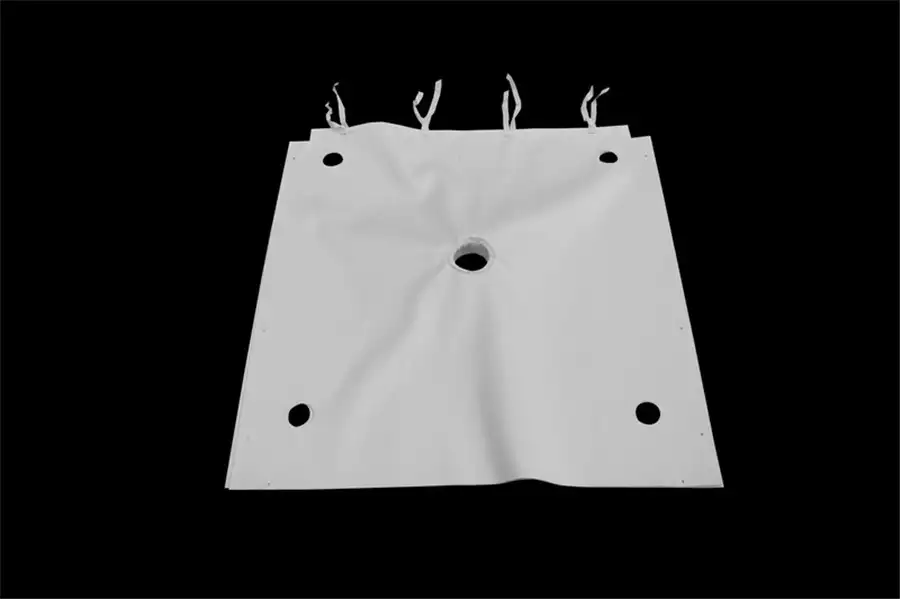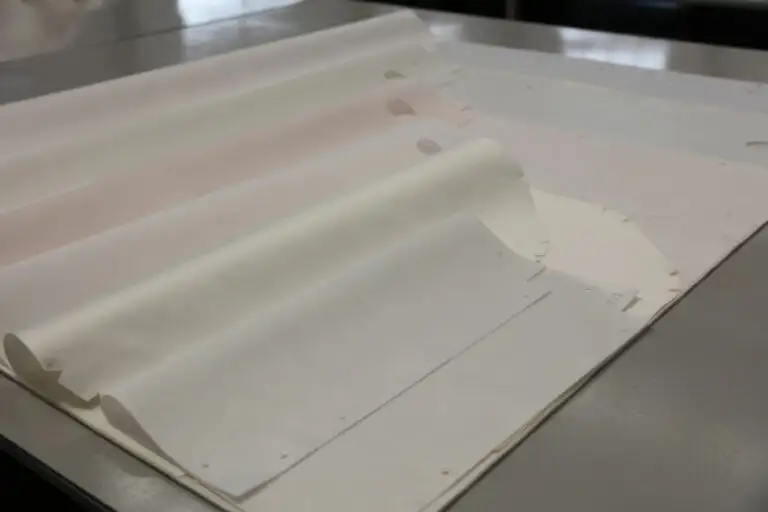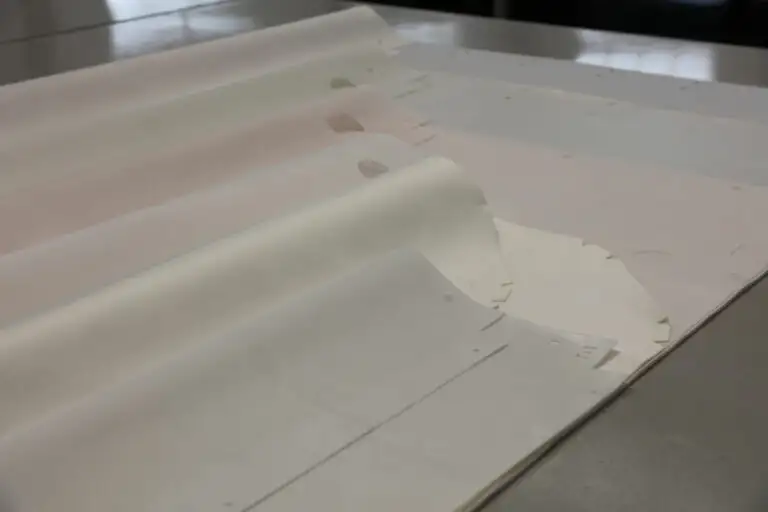What is 108C Encryption and How Does It Work
108C Encryption isn’t a well – known or standard encryption algorithm in cryptography. It might be a special encryption method made by a particular company or group. But without more details, it’s hard to say exactly how it works.
Normally, encryption is about changing information or data into a code to stop unauthorized access. Encryption algorithms usually use keys to encrypt and decrypt data. These keys make sure only the right people can see the original information.
If 108C Encryption is a real method, it probably includes:
- Algorithm: A set of math rules or processes to turn data into an unreadable form.
- Key: Information that decides the result of the encryption algorithm. The same (or a related) key is used to decrypt the data.
- Process: Steps that show how to encrypt and decrypt data, maybe with multiple rounds of changes.
Quick Details
Usage: Liquid Filter
Material: PP
Supply Ability: 10000 Sets per Day
Packaging & Delivery
Packaging Details: seaworthy packing
Port:Tianjin
Lead Time:2-5days
![]()
Jingjin has top – notch production equipment and manufacturing processes. We have large – scale injection molding machines, CNC machining centers, and high – end sealing machinery. To reach high – level filtration standards, we’ve set up a complete German filter cloth production line.
We’ve been working in filtration for 27 years. Our powerful German rapier looms carefully weave the best silk threads into high – density filter cloths with different hole patterns. We do this in rooms where we control the temperature and humidity. This precision means the air permeability error is less than 1% per square meter.
Most importantly, our monofilament filter cloth helps filter cakes release automatically. This solves a big problem that the industry has had for a long time. In short, Jingjin has achieved a very important thing in the global pressure filter industry.






